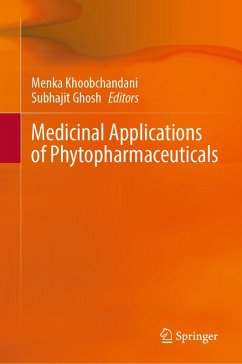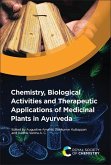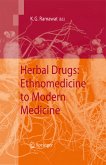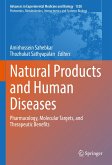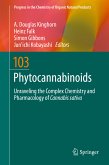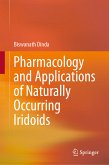This book is devoted to phytopharmaceuticals and their role in managing human disorders. It also covers the biological role of herbal drugs and the latest research developments in herbal medicine. Divided into five parts, the book starts with a global perspective on phytopharmaceuticals providing insights into the lessons from the past to the future, followed by an overview of Ayurveda medicine, and the main isolation and extraction techniques of plant material. Parts 2 and 3 present the latest research on natural products and phytopharmaceuticals, in which the authors cover the current clinical research status on formulations containing medicinal plants, and an overview of nanomedicines. Particular attention is given to potential and current therapeutic applications of phytopharmaceuticals, including their role in the management of COVID-19, neurological disorders, and cancer therapy. Part 4 focuses on the biomedical applications of phytochemical-based formulations, and Part 5 outlines the role and benefits of nutraceuticals in human health. The final chapter of this book provides an overview of the main toxicity and regulatory aspects of herbal medicines. Collating the latest advances in phytopharmaceuticals and natural product drug discovery with a perspective on Ayurveda therapies, this book has broad appeal from scholars,and researchers to professionals interested in plant-based drug development and phytochemistry.
Dieser Download kann aus rechtlichen Gründen nur mit Rechnungsadresse in A, B, BG, CY, CZ, D, DK, EW, E, FIN, F, GR, HR, H, IRL, I, LT, L, LR, M, NL, PL, P, R, S, SLO, SK ausgeliefert werden.

